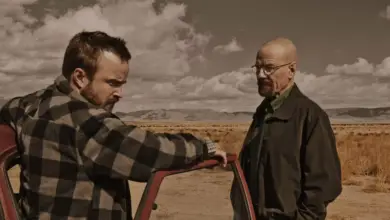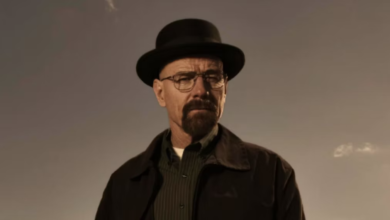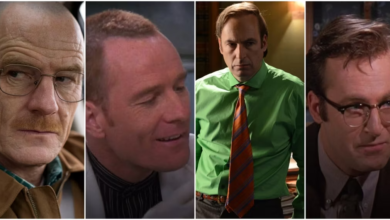‘Breaking Bad’ is the best thing to happen to television
Television is a messy way of storytelling and engagement. You have a story being told in dozens, if not hundreds of episodes, each ranging from 15, 30 or 60 minutes

In that time, a lot can happen, such as the show never knowing when to end its story, the show getting canceled due to poor reception and lack of viewers or the show creating a lackluster ending due to deteriorating writing quality.
Of course, there are shows I love, but every single one has some sort of major flaw that keeps me from coming back.
“Breaking Bad” was the show that broke this stereotype for me.
“Breaking Bad,” premiering on AMC Jan. 20, 2008, and concluding Sept. 29, 2013, is an American crime-drama television series created and produced by Vince Gilligan for AMC. The show follows Walter White (Bryan Cranston), an overqualified high school chemistry teacher who resorts to manufacturing methamphetamine with a former student, Jesse Pinkman (Aaron Paul), to provide for his family financially after being diagnosed with inoperable lung cancer.
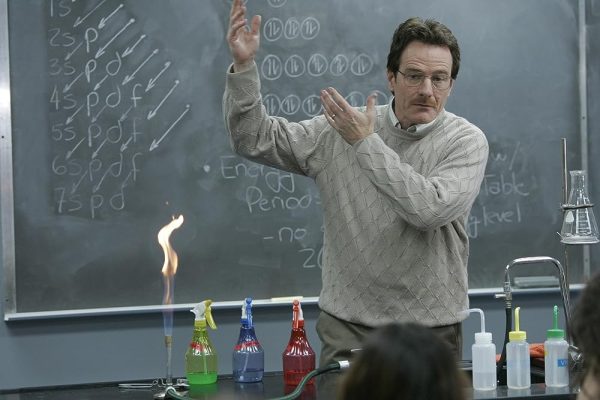
Since the “Breaking Bad” finale aired nearly a decade ago, the show has continued to grow in popularity and receive nothing but praise. It is rare for a show to have this momentum of popularity after ending, but “Breaking Bad” stood out from other shows.
Much of the show’s success can be attributed to the care and attention it gave to each of its characters, especially the star of the show, Walter White.
The show immediately gets the viewer to sympathize with Walter as we see his financial and personal struggles, with him being at the lowest point in his life after being diagnosed with lung cancer. Then, the show immediately takes the viewer’s sympathy and tests it.
Through his victories and failures, we see the slow yet impactful evolution of a sad high school chemistry teacher into a cold-blooded drug kingpin. The best thing about it is you never really stop rooting for him. Yes, he does some horrible and embarrassing things throughout the story, but because of how well the show gets the viewer to sympathize with him, you are with him the entire way.
The entire show works as well as it does because of this transition and how much it impacts the major conflicts of the show. Through the five seasons, nearly every bad thing that happens to Walter is a consequence of his actions. This cause-and-effect storytelling is something a lot of great narratives do, but “Breaking Bad’s” commitment to making the story move forward because of the actions of the main characters is what makes the show so compelling to watch.
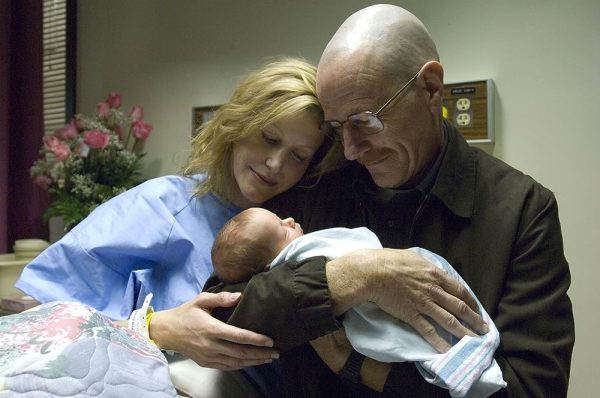
Equally as compelling is Aaron Paul’s portrayal of Jesse Pinkman.
Jesse’s introduction as a sleazy street rat is an excellent tone-setter to give the show a grimy edge for the first season. The dirty language he uses, as well as the way he acts around Walter, just shows how much of a scumbag he is starting out.
However, unlike Walter, he has the complete opposite transition throughout the show.
If Walter White’s character development is into someone who was made for the drug business, Jesse Pinkman transitions into someone who was not. Some of the best scenes in the entire show happen because of Jesse’s inner turmoil with an act he did or something Walter did, and every time, it is the most devastating and gut-wrenching thing to watch. This transition highlights my favorite aspect of the show: its tone.
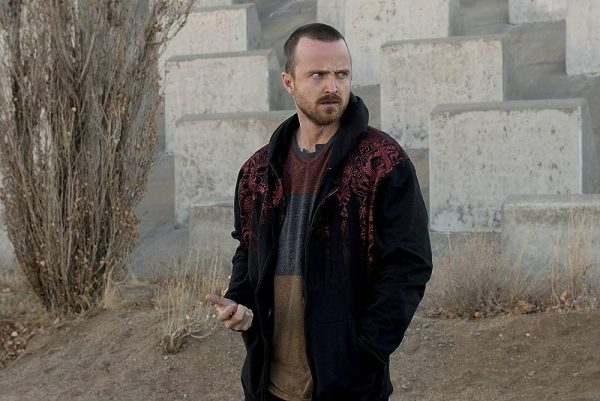
The most surprising aspect of my first watch of “Breaking Bad” was how funny it was.
Sure, there are dark and disgusting moments right in the first season, but the first two seasons are more of a dark comedy than a crime-drama. The amount of humor that comes from Walter and Jesse’s constant bickering, absurd crimes and cover-ups, and just witnessing how incompetent these two are for a life of crime provides some of the funniest scenes in television.
However, as the show progresses and the two characters get deeper into their life of crime, the show progressively gets less funny and more depressing and dark. This transition, expressed by Jesse’s mental state, leads to some of the most uncomfortable and hard-to-watch segments in any TV show I have ever seen. It’s a marvel how well the show balances humor and dark topics while keeping a coherent story together.
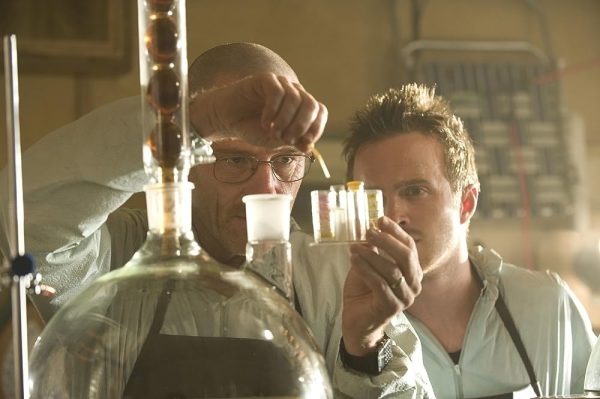
It’s no secret “Breaking Bad” is a great show. On IMDb, it’s listed as the number one greatest TV show of all time. On top of that, one of its episodes, “Ozymandias,” is the only media on the site with a 10/10 rating. Not to be outdone, its cultural influence is just as impressive as its reception.
It’s important to note the show was not an immediate hit. When the show first aired in 2008, it received about 1.4 million viewers. “Breaking Bad” was then made available on Netflix right before the premiere of season four, causing viewership to rise drastically. When the show aired the series finale in 2013, it received about 10.3 million viewers. In the decade since the show ended, clips from the show have become iconic around the internet and some of the most recognized memes online.
There was also the creation of “Better Call Saul,” a prequel to “Breaking Bad” which ran for six seasons from 2015-2022, and “El Camino: A Breaking Bad Story,” a movie released on Netflix in 2019 that continues Jesse Pinkman’s story after the finale of “Breaking Bad.”
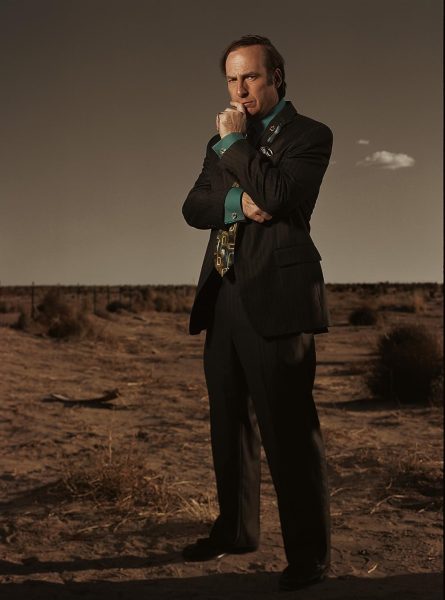
“Breaking Bad” is one of the few shows that has broken boundaries in television and has been praised by different generations of viewers, those who viewed it when it originally aired on AMC and those who binged it all on Netflix. It is so rare to see a piece of media get so much attention a decade after it has concluded, with nearly all being overwhelmingly positive.
If you somehow haven’t seen “Breaking Bad” yet, I strongly recommend watching it.


